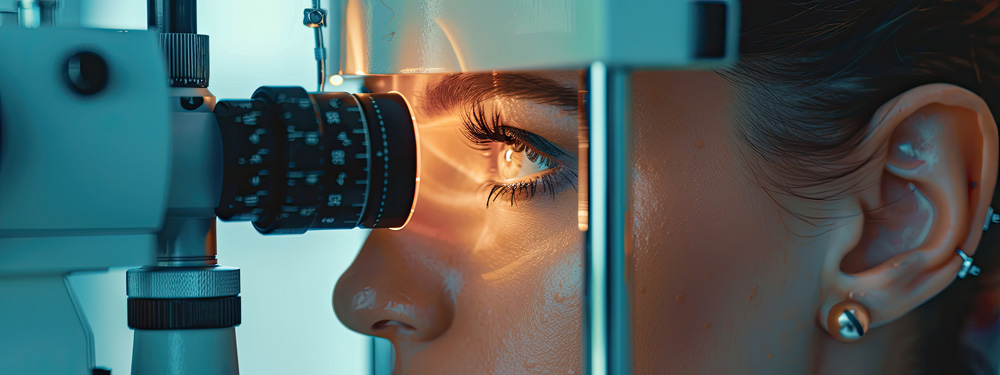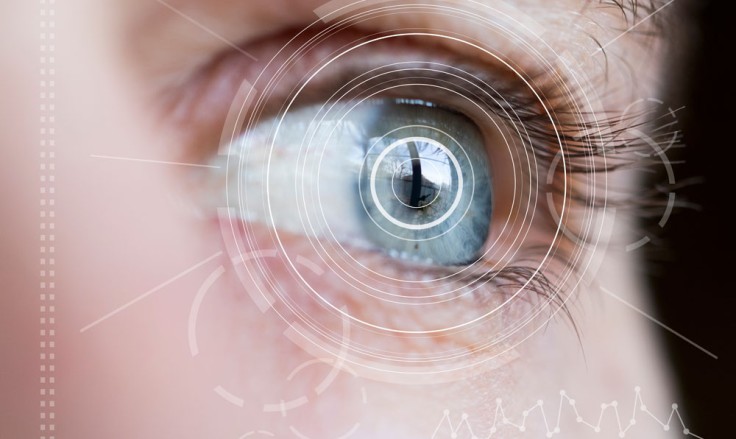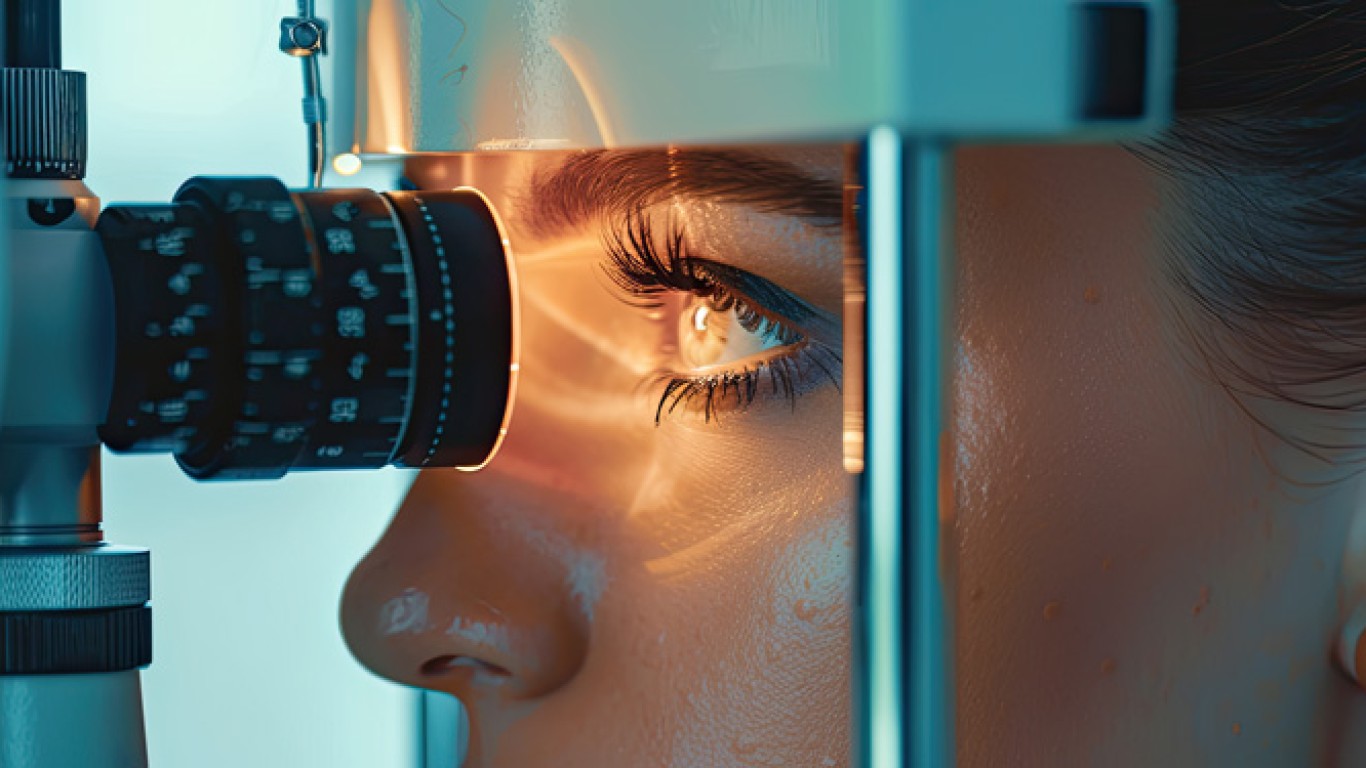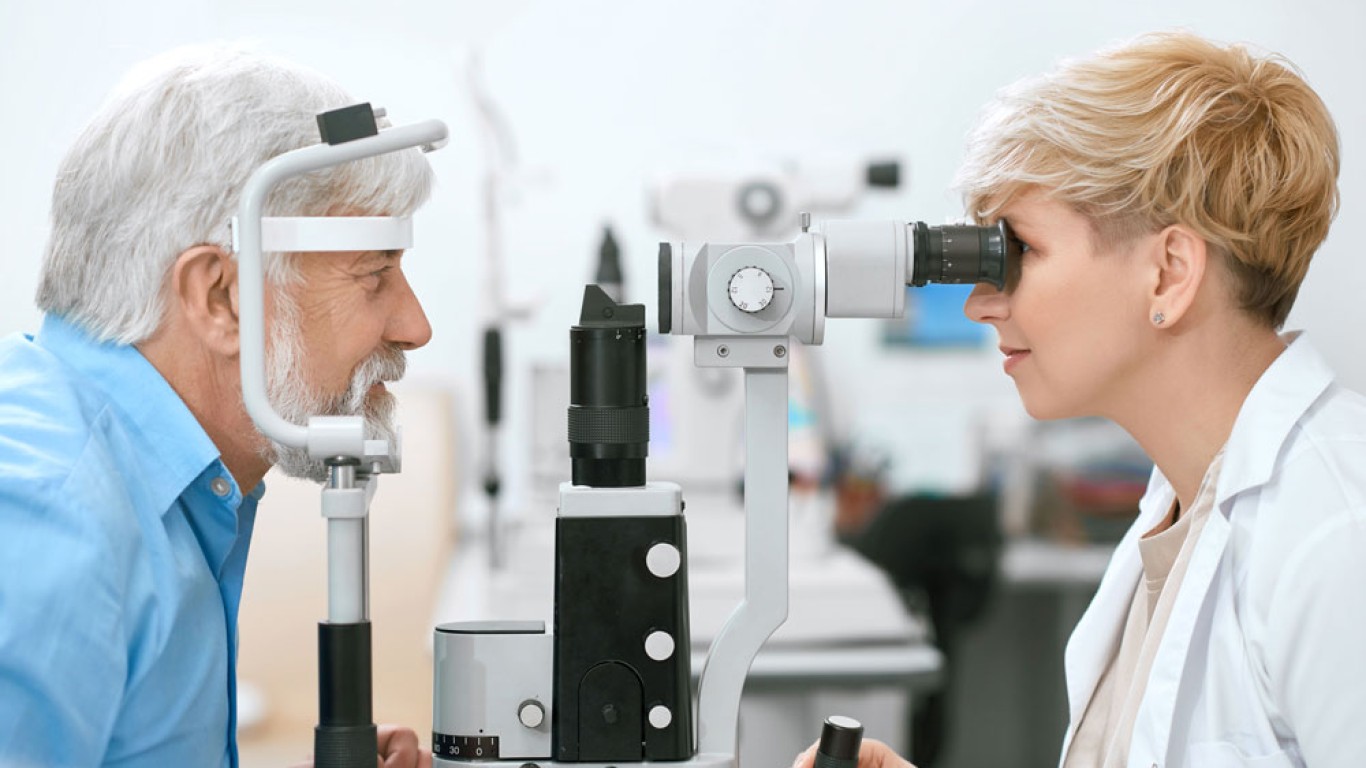Introduction
Many patients experience improved vision following cataract surgery. However, some may still need glasses for distance or near tasks. Naturally, the question arises: Can you get LASIK after cataract surgery to correct remaining visual imperfections?
In short, yes. LASIK is often possible after cataract surgery, depending on several factors. This guide explains how the procedures differ, when LASIK may be suitable, and what to expect from your vision journey.
Understanding these options helps you make informed choices and achieve your clearest possible vision.
What Happens During Cataract Surgery?
Cataract surgery involves removing the eye’s natural lens and replacing it with an artificial intraocular lens (IOL). This lens restores clarity by replacing the cloudy lens affected by age or other changes.
The surgery typically corrects major vision issues. However, some patients may still need glasses or contact lenses for certain activities. It depends on the type of IOL used and individual healing.
Importantly, once the lens is replaced, your natural focusing mechanism is altered. Therefore, any future vision correction will work with the IOL already in place.
What Is LASIK and How Does It Work?
LASIK (Laser-Assisted In Situ Keratomileusis) is a laser eye surgery designed to correct refractive errors. These include:
- Myopia (short-sightedness)
- Hyperopia (long-sightedness)
- Astigmatism
The laser reshapes the cornea, adjusting how light focuses on the retina. LASIK reduces or eliminates the need for glasses or contact lenses.
Unlike cataract surgery, LASIK does not involve the lens inside the eye. Instead, it focuses on reshaping the corneal surface. Consequently, this makes LASIK a viable secondary treatment after cataract surgery.
Is LASIK Possible After Cataract Surgery?
Yes, in many cases, LASIK can be performed after cataract surgery. However, not everyone is a candidate. Your eye health and previous surgery outcomes must be carefully evaluated.
Your surgeon will consider:
- Corneal thickness
- Stability of your vision
- Type of intraocular lens used
- Overall eye health
Additionally, you must wait until your eyes are fully healed from cataract surgery. This typically takes three to six months, allowing vision to stabilise before making any changes.
Reasons People Choose LASIK After Cataract Surgery
Patients may still experience minor vision issues following cataract surgery. LASIK can address these to fine-tune vision and improve quality of life.
Common motivations include:
- Reducing dependence on glasses for reading or distance
- Correcting astigmatism not addressed during cataract surgery
- Enhancing vision sharpness after healing
Moreover, LASIK can help patients with premium IOLs achieve even better results. Although these lenses reduce the need for glasses, some may still benefit from additional correction.

Timing: When Can You Have LASIK After Cataract Surgery?
- Timing is crucial when considering LASIK after cataract surgery. The eyes need time to heal fully before undergoing another procedure.
- Most surgeons recommend waiting at least three to six months. This ensures your vision has stabilised and the eye has healed completely.
- Waiting also allows for accurate measurement of any residual refractive error. Rushing into LASIK too soon may affect the precision of the treatment outcome.
Are There Alternatives to LASIK?
While LASIK is a common choice, it is not the only option. Other laser vision correction methods include:
- PRK (Photorefractive Keratectomy): A surface-based procedure, suitable for thinner corneas.
- SMILE (Small Incision Lenticule Extraction): A newer, minimally invasive technique for myopia.
- Lens-based corrections: Such as implanting an additional lens (in special cases).
Additionally, some patients may opt to use glasses for specific activities instead of further surgery. Discuss all options with your surgeon to determine what’s best for your lifestyle and goals.
Benefits of Having LASIK After Cataract Surgery
There are several advantages to combining these procedures when appropriate. LASIK can:
- Reduce or eliminate the need for glasses
- Provide sharper distance or near vision
- Enhance the results of premium IOLs
- Improve daily functioning and comfort
Furthermore, patients who were disappointed by their vision after cataract surgery often feel satisfied after LASIK correction.
Preparing for a LASIK Consultation After Cataract Surgery
If you’re considering LASIK after your cataract procedure, book a thorough evaluation with an experienced refractive surgeon.
During the consultation, expect:
- Vision testing and corneal measurements
- A review of your cataract surgery and IOL type
- Discussion of your vision goals and expectations
Your surgeon will advise whether LASIK is the right path forward and outline any steps needed to prepare.
What to Expect During the LASIK Procedure
If you're a candidate, the LASIK procedure itself is quick and comfortable. It usually takes about 10 to 15 minutes per eye.
Steps typically include:
- Numbing eye drops
- Creating a flap on the cornea
- Reshaping the cornea with a laser
- Repositioning the flap
You may notice clearer vision within a few hours, with continued improvement over the next few days. Most people resume daily activities within one or two days.
How Long Do LASIK Results Last After Cataract Surgery?
LASIK results are long-lasting for most patients. However, natural changes to the eye may still occur over time.
These changes include:
- Age-related presbyopia (difficulty seeing up close)
- Minor shifts in eye shape
- Hormonal changes that affect vision clarity
Although rare, some patients may choose enhancement procedures in the future. However, most enjoy years of improved vision with little to no further intervention.
Conclusion
To summarise, LASIK after cataract surgery is a viable and effective option for many patients. It can fine-tune vision, reduce dependence on glasses, and enhance visual clarity after healing from cataract surgery.
With proper timing, a detailed consultation, and support from a skilled surgeon, you can achieve excellent outcomes. Ultimately, the right decision depends on your goals, eye health, and preferences.
For more information on LASIK and to book a consultation visit the ACIBADEM Beauty Center Laser Eye Surgery webpage.
Frequently Asked Questions
Yes. LASIK can fine-tune vision and address residual refractive errors left after cataract surgery.
Most surgeons recommend waiting three to six months to allow vision to stabilise fully.
Possibly. Presbyopia affects near vision with age. LASIK can reduce, but not always eliminate, the need.
Yes. If you’re a suitable candidate, LASIK is considered safe and effective after full recovery.
Other options like PRK or lens-based procedures may be available. Your surgeon will guide you.














